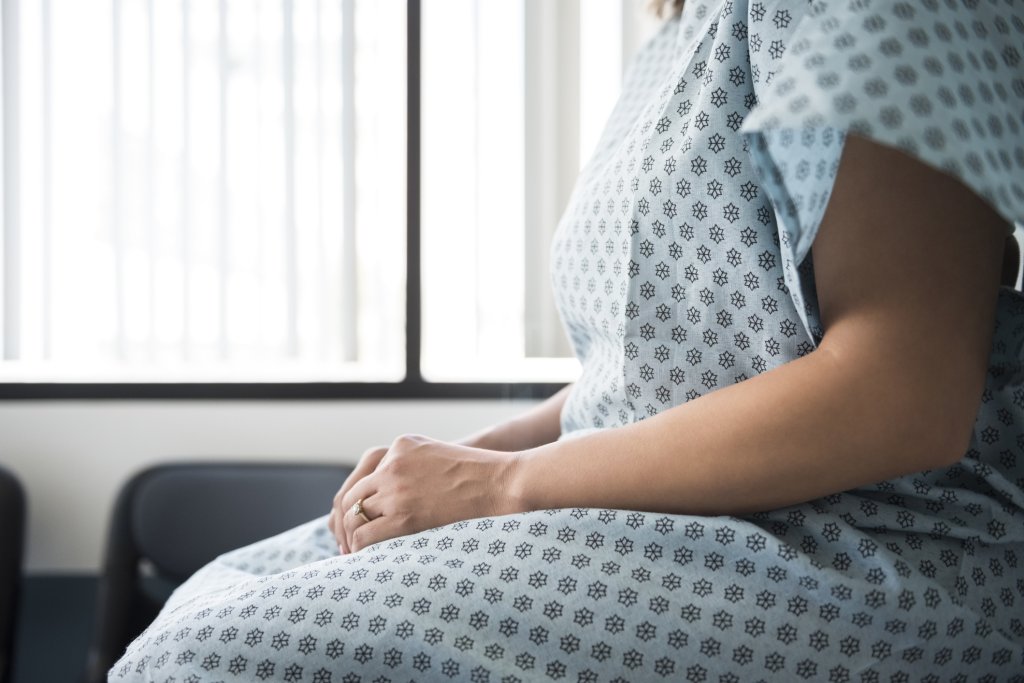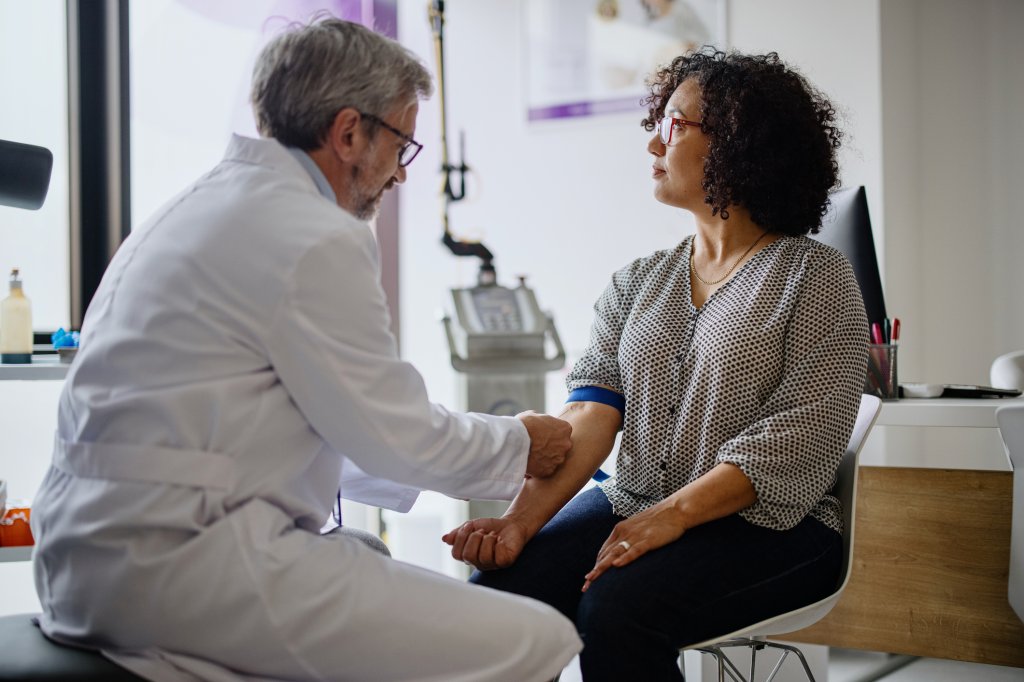Imagine a scenario where over half the world’s population were to experience a life-changing transition that, if ignored, could lead to a rise in mental health challenges, debilitating physical health symptoms and the potential loss of jobs and personal relationships.
Then imagine that although the majority of the population is aware of its implications, little is done to address it.
That is the reality for the 34 million women in the UK who will go through the menopause at some point in their lives.
Each woman's experience with menopause is unique, which adds to the complexity of understanding it. While some women navigate this transition with minimal impact, others endure severe symptoms that disrupts every facet of their lives.
Just over two years ago the Women’s Health – Let’s Talk About It survey unveiled a startling truth that around nine in ten (84%) of nearly 100,000 respondents in England had experienced being dismissed by medical professionals, highlighting the need for the subsequent Women’s Health Strategy.
The survey also revealed that fewer than one in 10 women felt they had sufficient information on menopause, making it quite rightly one of the priority focus areas of the Strategy.
Two years on from the publication of the Strategy and with a new Government in place to take it forwards, how much progress has been made towards improving women’s access to menopause information and care?
In recent years tireless campaigning efforts have brought menopause to the forefront of public discussion, giving it the attention it deserves and normalising it as a natural phase of life.
This progress is largely thanks to the dedication of numerous individuals and organisations. Notable contributions include Davina McCall's Channel 4 documentary ‘Sex, Myths and the Menopause’ and parliamentary advocacy by Carolyn Harris and other MPs who have pushed for legislative reform, securing a one-off payment for HRT prescriptions for women in England.
Despite significant strides in raising awareness about menopause and its symptoms, many women still face challenges in accessing the care they need.
Menopause is an inevitable stage of life for half of the global population, yet healthcare professionals frequently report a lack of adequate training and education on the subject.
A survey by the British Menopause Society (BMS) revealed that 72% of respondents believe newly qualified healthcare professionals have not received sufficient education about menopause.
At the same time, and likely as a result of ongoing advocacy, 98% of BMS members surveyed noted an increase in women seeking treatment for menopause symptoms, which is adding pressure to already over stretched GPs.
To address these challenges, we must explore alternative solutions to ensure women receive the necessary care.
Recently, pharmacists have been authorised to provide the ongoing supply of oral contraception and provide patients with consultations, meaning women in England can get the contraceptive pill at their local pharmacy without needing to contact their GP first. Could a similar approach be applied to menopause care and the role of pharmacists be increased?
By enabling pharmacists to play a more significant role, we could alleviate some of the pressure on GPs and provide women with more accessible care options.
As with most processes that affect the body and mind, menopause is not only a personal health issue for women but an economic and workplace one too. BUPA estimates that nearly one million women have been forced out of the labour market due to menopausal symptoms. The Employment Rights Bill is currently advancing through Parliament and during its second reading in the House of Commons, Angela Rayner highlighted that eight out of ten menopausal women are employed, yet most receive no support, contributing to the gender pay gap narrowing at a slow pace.
The Bill proposes that employers with more than 250 employees develop and publish an "equality action plan," which would include specific commitments to menopause support. Having it as law that companies have to provide menopause support for employees could be a game-changer in ensuring that women are better supported in the workplace.
While significant progress has been made in bringing menopause to the forefront of public discourse, much work remains to ensure that women receive the comprehensive care and support they deserve. As the new Government considers how it wants to take the Women’s Health Strategy for England forwards, it has an opportunity to be ambitious in how it addresses challenges in access to menopause care, including around HCP education and workplace support. Not only will this benefit women, but research has found that investing in women’s health could save the UK economy £11 billion annually.









